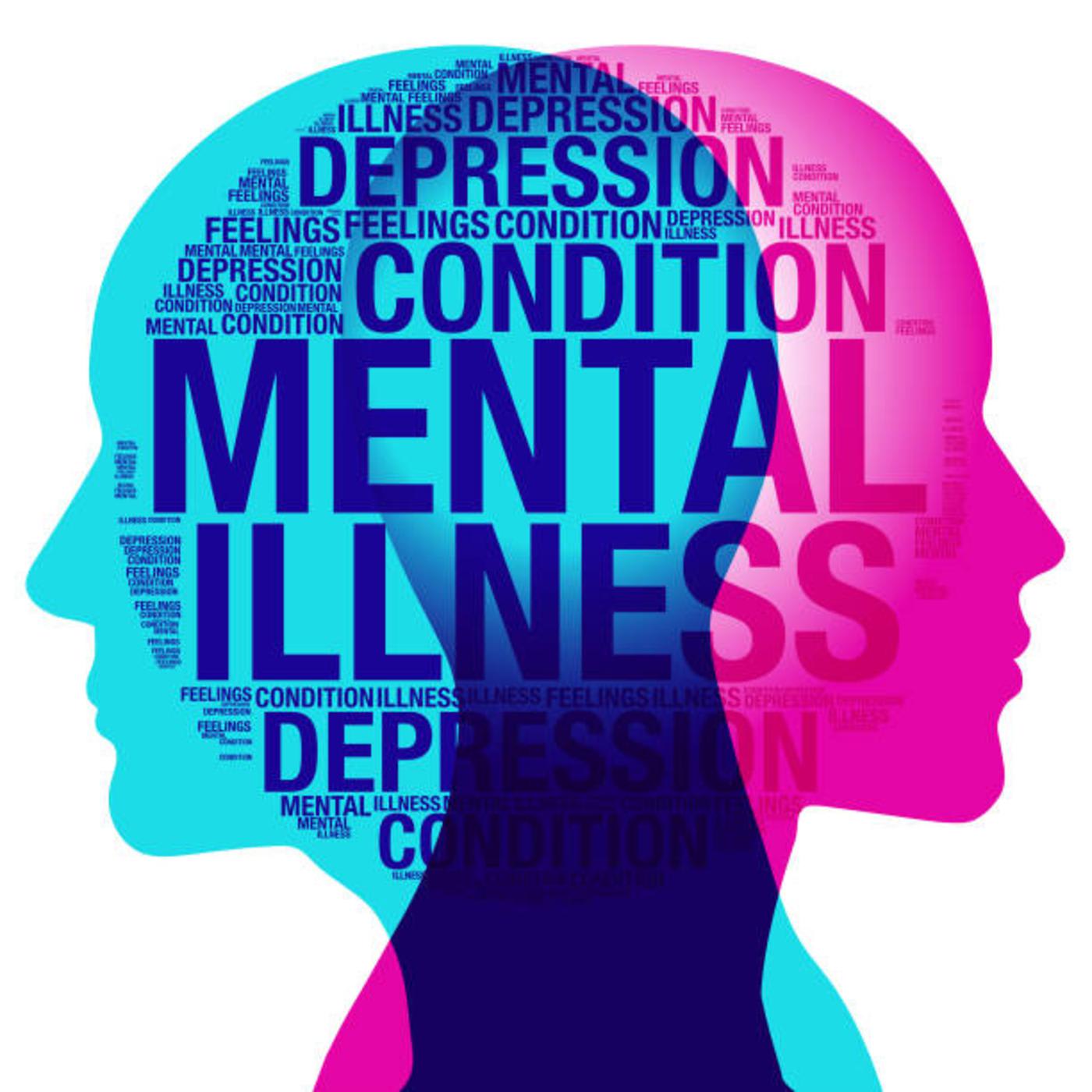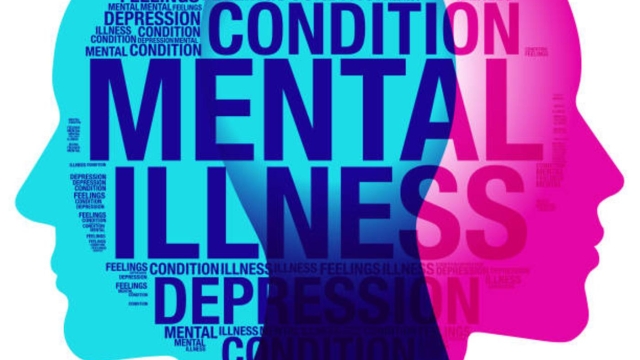
Welcome to the exploration of mental health, a topic that touches the lives of many in profound ways. The journey towards understanding and managing mental health challenges is a deeply personal and often complex path. It involves not only navigating our own thoughts and emotions but also seeking support and guidance from those around us. In a world where mental health conversations are becoming increasingly important, it is crucial to create a space where individuals feel empowered to explore their experiences openly and without judgment.
Acknowledging the significance of mental health is the first step towards embracing the journey of self-discovery and healing. It is a journey that requires courage, vulnerability, and resilience. By shedding light on this topic, we aim to foster a community of understanding and compassion where individuals can find solace in knowing they are not alone in their struggles. Let us embark on this journey together, supporting each other along the way as we navigate the highs and lows of mental health with empathy and strength.
Understanding Mental Health
Mental health is a crucial aspect of overall well-being and encompasses our emotional, psychological, and social well-being. It affects how we think, feel, and act, influencing how we handle stress, relate to others, and make choices in daily life. Just like physical health, mental health is dynamic and can fluctuate based on various factors such as life experiences, genetics, and biochemical imbalances.
It is important to recognize that mental health challenges are common and can affect anyone, regardless of age, gender, or background. Conditions such as anxiety disorders, depression, and bipolar disorder are among the most prevalent mental health issues worldwide. Seeking support and treatment for mental health concerns is essential to managing symptoms and improving overall quality of life.
Taking care of our mental health involves practicing self-care, maintaining social connections, and seeking professional help when needed. Engaging in activities that promote relaxation, mindfulness, and positive self-talk can contribute to mental well-being. Additionally, building a support network of friends, family, or mental health professionals can provide valuable resources and encouragement during challenging times.
Coping Strategies
When facing mental health challenges, it is essential to develop coping strategies that work best for you. One effective approach is to engage in regular physical exercise. Exercise not only benefits your physical health but also has a positive impact on your mental well-being. Whether it’s going for a walk, practicing yoga, or hitting the gym, finding an activity that you enjoy can help reduce stress and improve your overall mood.
Another helpful coping strategy is maintaining a strong support system. Surrounding yourself with understanding and empathetic individuals can provide comfort and reassurance during difficult times. Whether it’s friends, family members, or a mental health professional, having someone to talk to can make a significant difference in how you navigate your mental health challenges.
Finally, practicing mindfulness and relaxation techniques can help manage feelings of anxiety and overwhelm. Taking time to focus on the present moment through meditation, deep breathing exercises, or mindfulness practices can promote a sense of calm and inner peace. By incorporating these coping strategies into your daily routine, you can build resilience and better navigate the ups and downs of mental health challenges.
Seeking Help and Support
Mental Health Continuing Edcuation
When facing mental health challenges, seeking help and support is crucial. It’s important to remember that you are not alone in your journey. Reach out to trusted friends, family members, or mental health professionals to talk about what you’re going through. Sharing your feelings can be a first step towards getting the help you need.
Talking to a therapist or counselor can provide you with valuable tools and coping strategies to navigate your mental health challenges. Therapy offers a safe space to explore your thoughts and emotions, and to develop a better understanding of yourself. Remember that seeking help is a sign of strength, not weakness. Don’t hesitate to reach out and ask for the support you deserve.
In addition to professional help, connecting with support groups or online communities can be a source of comfort and understanding. Being part of a community of individuals who are going through similar experiences can offer empathy, encouragement, and solidarity. Remember, seeking help and support is a proactive step towards taking care of your mental well-being.
